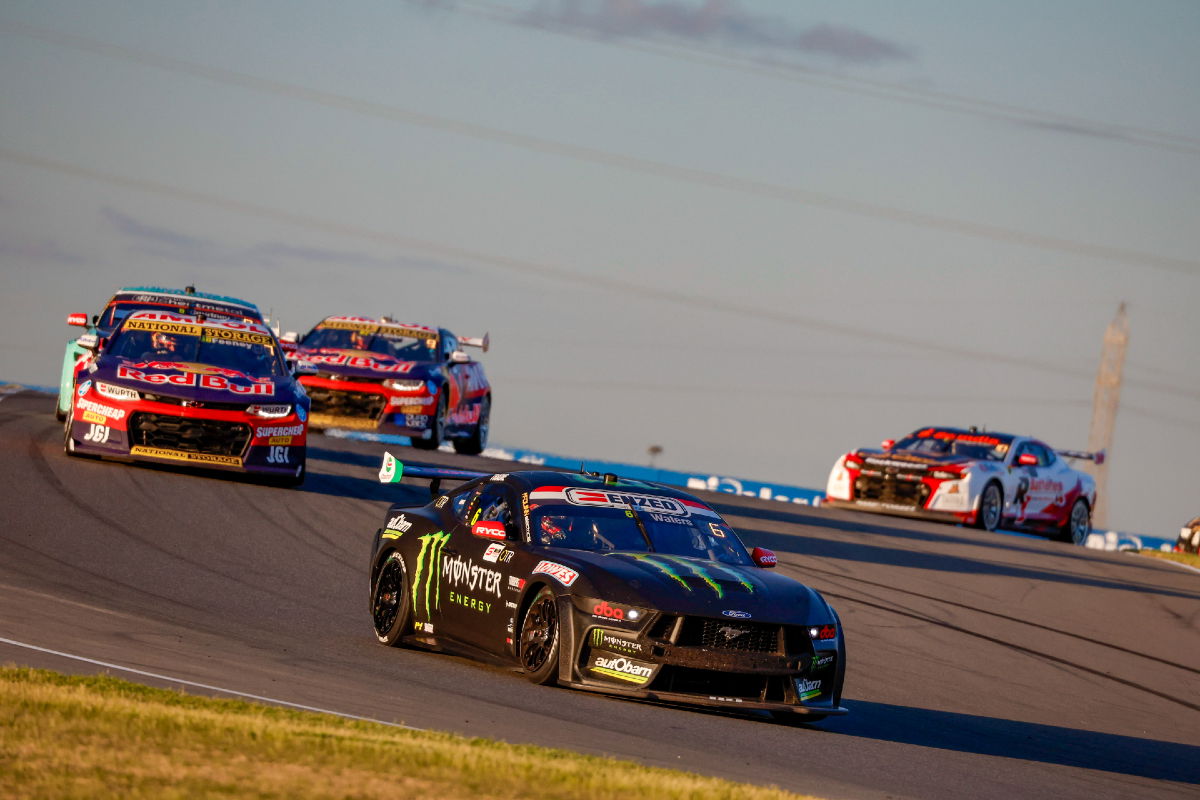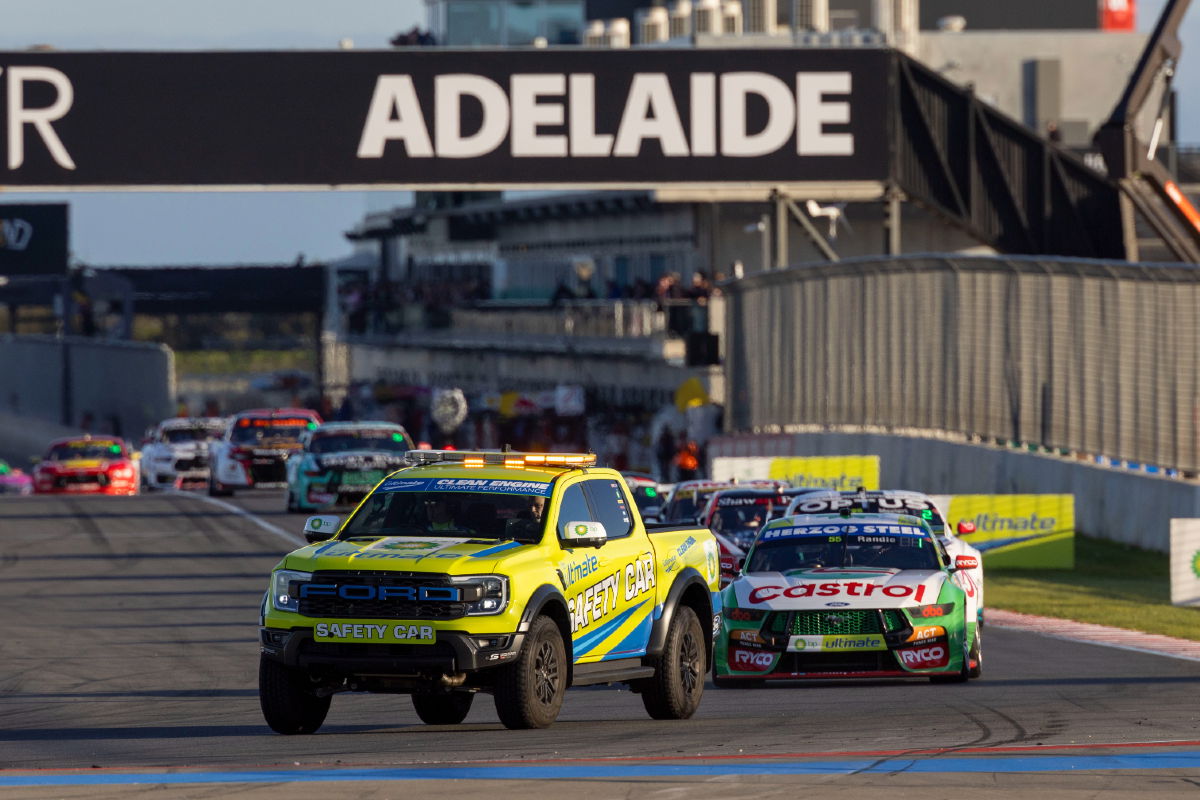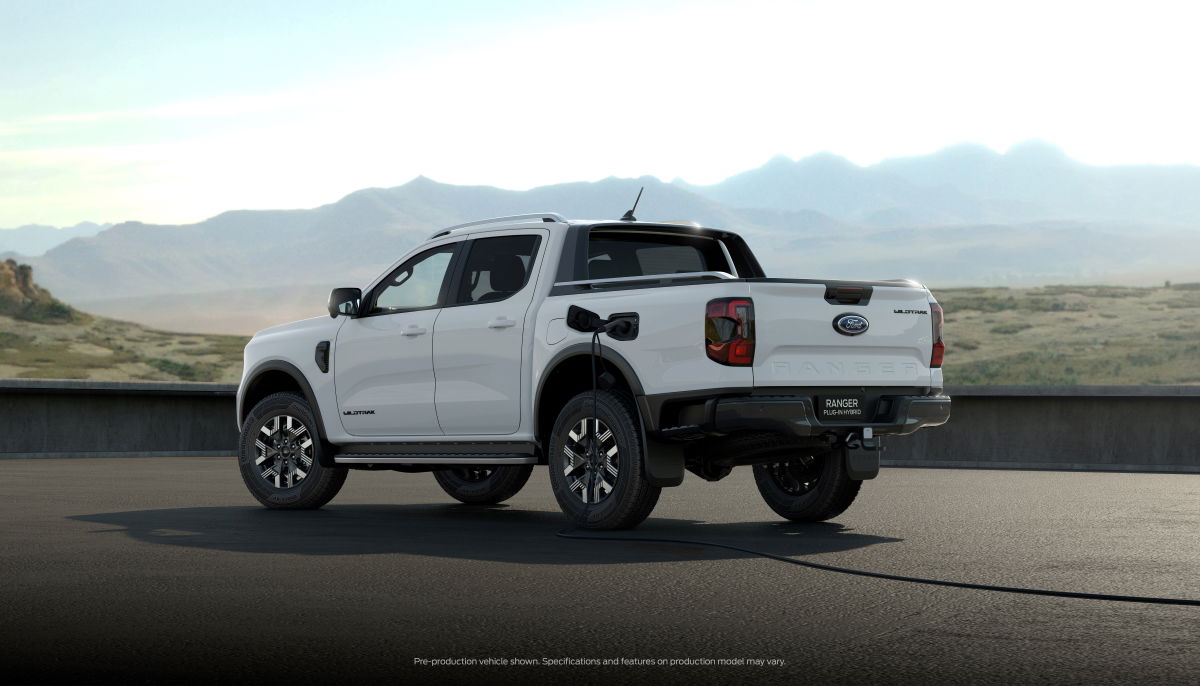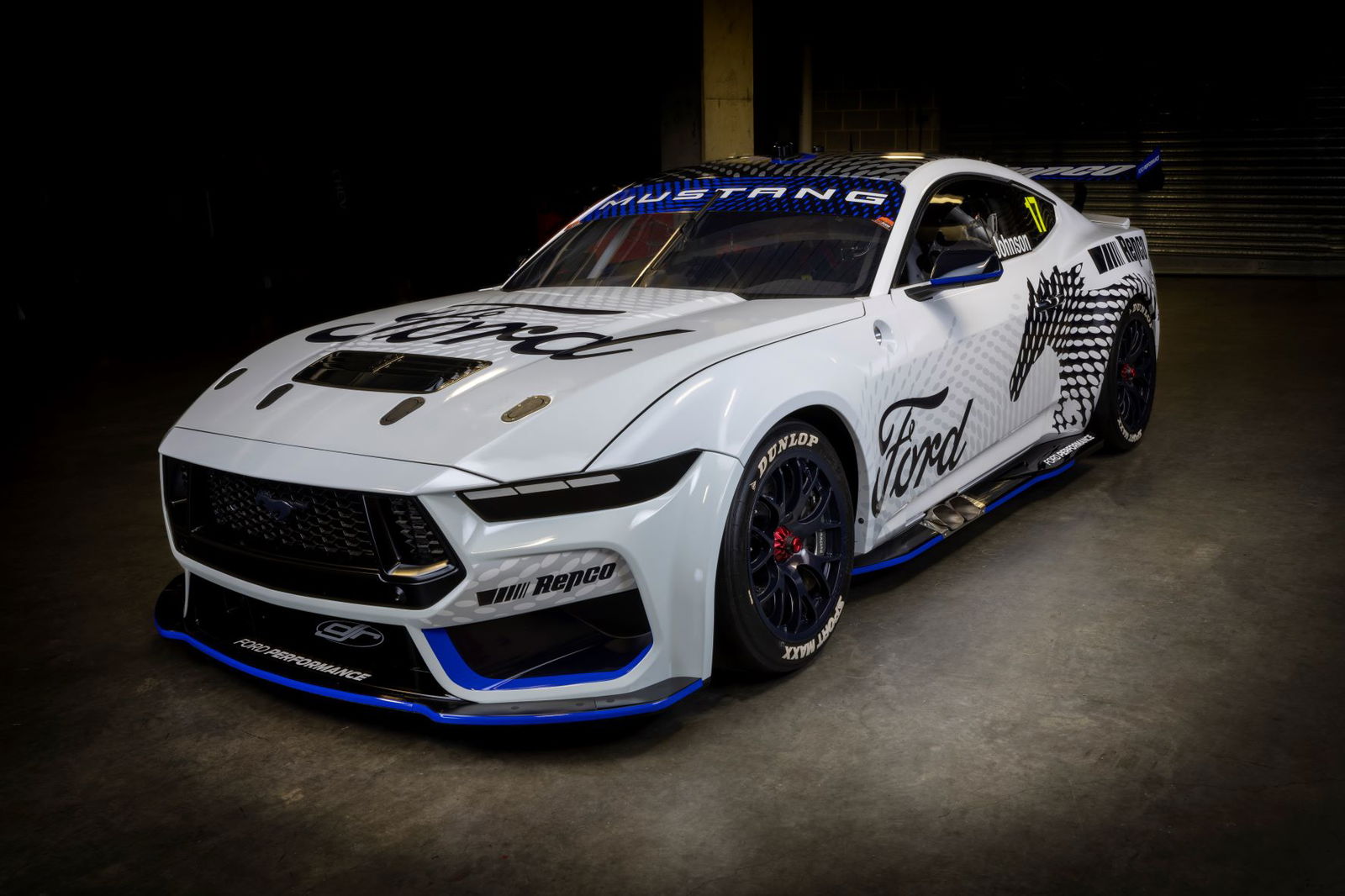
This should be the best weekend of motorsport in Australia. Every driver and team member looks forward to the Bathurst 1000 all season long as it’s the ultimate challenge. But this week has been dominated by arguments of parity which crescendoed with Ford Australia releasing a public statement expressing its “deep disappointment” in the current state of affairs.
The time has come for Supercars management to wake up.
This isn’t about ‘parity triggers’ or ‘aerodynamic imbalance’ or any of the other technical jargon, this is about the very future of Ford’s involvement in the sport and therefore the existence of the category itself. To be honest, I don’t spend much time at racetracks these days, instead I have spent a lot of time in recent years around Ford Australia and Ford Performance’s global management and the view on Supercars and how it has dealt with the roll-out of Gen3 isn’t a positive one.
READ MORE: Ford Mustang Dark Horse review
Ford, as a global company, competes in NASCAR, the World Rally Championship, NHRA drag racing, FIA GT3 and GT4 racing and soon Formula 1. In other words, it has plenty on its plate and some incredibly high-profile racing programs and yet the one that gives it its biggest headache is a regional championship on the far side of the world.
As we’ve already learnt the hard way, Ford will make a business decision when it comes to its involvement in Supercars, not an emotional one.
READ MORE: Ford’s new race-inspired ‘supercar’ – the Mustang GTD
The argument isn’t whether Chevrolet did a better job or Ford did a bad job, the key is that there clearly isn’t parity between the two cars when you look at the scoreboard. Is the Mustang slow and totally uncompetitive? No, but it has claimed just two race wins and Ford cannot sit back and allow its brand to be beaten by its rival – that’s just bad business.

Let’s remember, when we’re talking about Chevrolet we’re not talking about General Motors being invested in the series at anywhere near the level Ford is. It’s understood that the development of the Camaro was funded primarily by Supercars, so this isn’t a case of two major car brands with a long and bitter rivalry squaring off, it’s internal politics and ultra-competitive race teams in disagreement.
I totally understand the position of the Chevrolet teams, why would you want to hand your rival an advantage or cut them any slack at all? This is a decision about the long-term future and sustainability of the Supercars category so the responsibility lies with Supercars Australia’s management teams – Chairman Barclay Nettlefold, CEO Shane Howard, etc.
READ MORE: Ford Mustang Dark Horse R blurs the line between race and road cars
The sport’s management needs to decide whether it wants manufacturer involvement or not moving forward, because that’s a very real prospect. Ford has already cut back its spend with Supercars, pulling crucial advertising dollars and will axe its support of the safety car program in 2024. Based on conversations I’ve had with Ford insiders, I’d rate the chances that – without any major changes to parity – that the company quits the sport entirely by the end of the 2024 season as better than 50 per cent.
Now, some of you will say, ‘they’re being sooks’ or ‘let them take their ball and go home’ or whatever else you want to level at them, and that’s fine, everyone is entitled to their opinion. But without Ford’s involvement and Chevrolet’s very minor interest what becomes of the sport we all love?
If the Mustang remains uncompetitive and Ford stops funding its teams, it’s inevitable all teams will ditch the Mustang and we’ll be left with the Camaro Cup. As I’ve written many times before, there are no other brands lining up to jump into the sport, especially with its focus on coupes and V8 engines.
READ MORE: Pros & cons of new Supercars brands
Nissan suffered a similar fate to Ford, saddled with an uncompetitive car there was no choice but to quit the sport and that has left a negative impression on the company’s management. It would be sad if history were to repeat itself.
The saddest part of this story is Ford clearly has a soft-spot for Supercars. I was in Detroit last year when the S650 Mustang was revealed and the first images of its racing variants were shown, which prominently featured the Supercar alongside the NASCAR, NHRA, GT3 and GT4 variants. Ford wants to be in Supercars, make no mistake about that.

But, Ford also wants to be competitive in anything it races. It has a plethora of other racing programs that it can divert its Supercars resources to if it feels like it’s wasting time and money trying to get on an even footing with the Camaro. Heck, if it wants the new Mustang to win at Mt Panorama, it could simply focus some efforts on a Bathurst 12-hour campaign using its GT3 variant (a car that will undergo an FIA-overseen balance-of-performance program).
Then there’s the very obvious need for Ford Australia to start focusing on its future needs in the road car market, specifically its locally-funded right-hand drive conversion of the F-150 and the ramp up of its electrified vehicles. If it comes to the crunch and Ford Australia management is faced with a decision on spending money to run uncompetitive Supercars or fund the production of a new F-150 variant – what do you think they will choose?
READ MORE: We’ve driven the new Ford F-150 super ute
The Mustang nameplate is expanding too, with the arrival of the Mustang Mach-E electric SUV. This will spearhead the brand’s EV push, which will be backed up by the incoming Ranger plug-in hybrid ute. These will be the models the brand needs to push – which it likely would have advertised during Supercars events – and could also benefit from taking resources from the Supercars program.
This is obviously a worst-case scenario and hopefully it doesn’t come to another Ford Supercars withdrawal. The brand would like to be involved in the category and it’s hard to see a long-term, healthy future for the sport without Ford’s support. But unless something is done to improve the situation, and soon, don’t be shocked if Ford walks away.
Which brings us to the key question Supercars needs to answer internally – does it want Ford involved in the sport beyond 2024? If the answer is ‘yes’ then it needs to make a change – and soon.












Discussion about this post